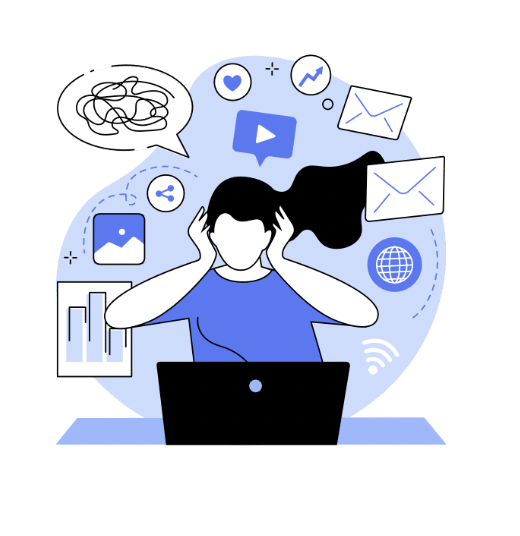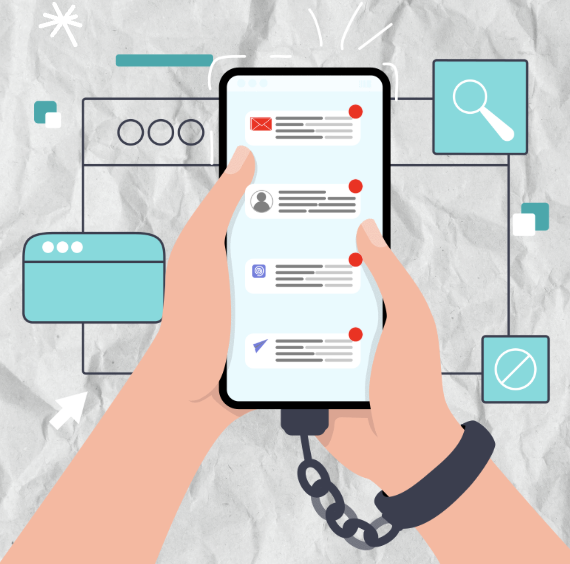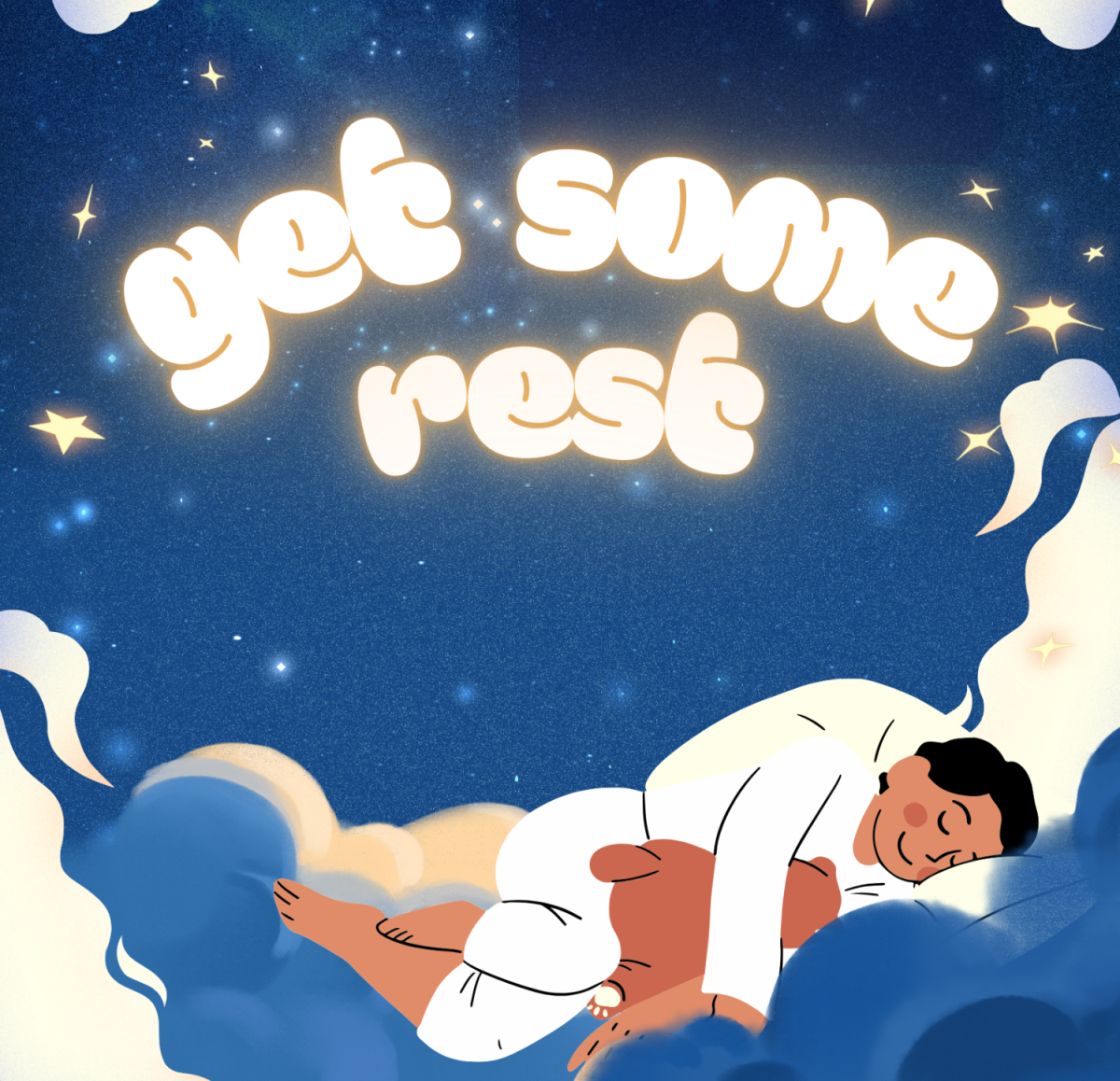Although healthy uses of social media among youths are commonly seen, social media can act as a double-edged sword, with the negative side harming both your psychological and physical health.
As a type of behavior addiction, social media addiction is characterized as being overly concerned with social media and devoting too much time and energy to it, such that other areas of life are impaired by doing so. According to research completed by the University of Michigan, as of 2025, a staggering number of 210 million people worldwide suffer from addiction to social media and the internet.
This kind of relatively “updated” addiction is especially influencing Gen Z, the age group that most Grier girls fall into. Biologically, for children and teens whose brains are still developing, social media has a bigger chance of rendering their brains more susceptible to addictive behaviors.
Being a severe and large-scale global issue, social media addictions should not be neglected by society, and should be taken seriously, particularly by students. People tend to avoid thinking about the risk of social media addiction in their own lives, to the point that it will be too late to remedy when people realize that they are already subjected to it. To get a sense of the importance of raising awareness about social media addiction, it is helpful to first look at some consequences and effects resulting from it.
Physically, for students, being addicted to social media can result in lack of sleep, since many may sleep with their phones and check notifications throughout the night. This interrupted sleep may affect their concentration during school days, ultimately causing grade declines and a failure to actively participate in school.

Psychologically, social media addiction can be linked to depression, anxiety, and nervousness, which are severe mental health problems. Some of the specific causes of such mental health consequences include suffering from cyberbullying, being excluded when using social media, and excessive concern toward the amount of likes or comments received.
After looking at the consequences, it is dangerous to not reflect on your own use of social media. Indeed, teenage social media users account for a shocking 40% of all Americans subjected to social media addiction.
To prevent the consequences associated with social media addiction, it is important that people recognize the issue and work to rectify it.
Warning signs of social media addictions include:
- mindless scrolling
- withdrawal symptoms or feelings of disillusionment when not online
- obsessively following strangers online
- spending more than 4 hours per day online
- focusing on social media posts more than real life.
Social media addiction worsens over time, so even if you only recognize some of these symptoms, you should really reflect on your social media usage.
Since students our age are especially vulnerable to suffer from social media addiction, it is important to raise awareness about the issue, recognize the risks, and to rectify the problem if it appears. Social media addiction is absolutely not far away from us, and we need to recognize it before it controls our lives. Maybe it is time to put a cap on our social media time per day, sit down with a book instead of scrolling, or spend time talking to friends in person.







Ms. Dunklebarger • Oct 17, 2025 at 8:31 am
I 100% support sitting down with a book instead of scrolling. Thank you for raising awareness on this important issue that impacts all of us.